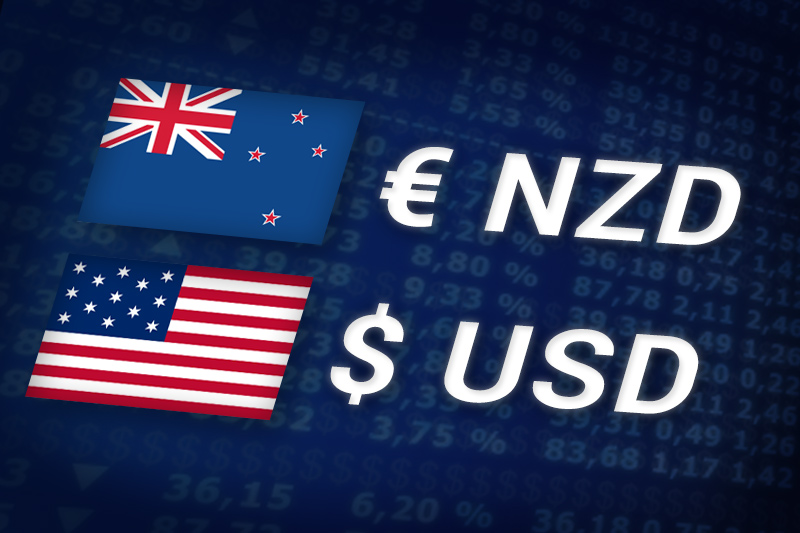Investing.com - The New Zealand dollar surged against its U.S. counterpart on Monday after China's central bank said it was cutting its reserve requirements on its banks by 50 basis points, which sent investors worldwide selling greenbacks in search for riskier assets.
NZD/USD hit 0.8416 in Asian trading on Monday, up 1.14% and up from a session low of 0.8392 and off from a high of 0.8430.
The pair sought to test support at 0.8319, Friday's low, and resistance at 0.8430, the earlier high.
China's central bank reduced the ratio of funds banks hold in reserves as a financial cushion to 20.5 percent from 21 percent.
The move will prompt banks to lend more, thus injecting the equivalent of billions of dollars into the economy, which will boost demand for goods and services in New Zealand and elsewhere in Asia and the Pacific.
Furthermore, New Zealand's currency saw demand on hopes Europe is finally poised to unlock EUR130 billion in rescue money for Greece.
A vote from European policymakers to approve the bailout could come as early as Monday and end fears that Greece will experience a messy default.
Such optimism fueled demand for riskier assets worldwide including currencies in commodity-rich countries like New Zealand or in stocks across Asia.
The U.S. dollar, meanwhile, took a beating in the process throughout the risk-on trading session.
The New Zealand dollar, meanwhile, was up against the yen and up against its Australian counterpart, with NZD/JPY gaining 1.15% to 66.97 and AUD/NZD down 0.41% at 1.2812.
On Monday, New Zealand will release inflation expectations while in the U.S., markets will be closed on holiday.
In Australia, the Reserve Bank of Australia will release the minutes of its latest monetary policy meeting.
NZD/USD hit 0.8416 in Asian trading on Monday, up 1.14% and up from a session low of 0.8392 and off from a high of 0.8430.
The pair sought to test support at 0.8319, Friday's low, and resistance at 0.8430, the earlier high.
China's central bank reduced the ratio of funds banks hold in reserves as a financial cushion to 20.5 percent from 21 percent.
The move will prompt banks to lend more, thus injecting the equivalent of billions of dollars into the economy, which will boost demand for goods and services in New Zealand and elsewhere in Asia and the Pacific.
Furthermore, New Zealand's currency saw demand on hopes Europe is finally poised to unlock EUR130 billion in rescue money for Greece.
A vote from European policymakers to approve the bailout could come as early as Monday and end fears that Greece will experience a messy default.
Such optimism fueled demand for riskier assets worldwide including currencies in commodity-rich countries like New Zealand or in stocks across Asia.
The U.S. dollar, meanwhile, took a beating in the process throughout the risk-on trading session.
The New Zealand dollar, meanwhile, was up against the yen and up against its Australian counterpart, with NZD/JPY gaining 1.15% to 66.97 and AUD/NZD down 0.41% at 1.2812.
On Monday, New Zealand will release inflation expectations while in the U.S., markets will be closed on holiday.
In Australia, the Reserve Bank of Australia will release the minutes of its latest monetary policy meeting.
